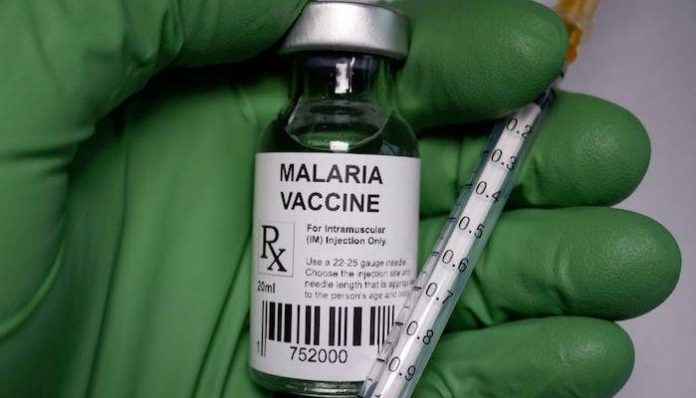THE Federal Government of Nigeria, recently, acknowledged that significantly reducing or completely eradicating malaria in Nigeria could lead to a major boost in economic growth.
While this may seem like a health-sector concern on the surface, malaria is a social and economic crisis that has continued to drag down productivity, stretch household incomes, and push families deeper into poverty.
Malaria continues to claim its place as a leading public health threat in Nigeria. According to the 2024 World Malaria Report, Nigeria bears the highest malaria burden globally, accounting for a staggering 27 percent of global cases and 31 percent of all malaria deaths.
This is no small figure; it represents a devastating loss of human potential, particularly among the most vulnerable populations, children under five and pregnant women. The impact on national development is glaring. When children miss school due to repeated bouts of malaria, their learning curve is broken. When adults are frequently incapacitated, the wheels of industry slow, and agricultural outputs dwindle. These are the invisible cracks weakening the foundation of progress.
The financial cost is even more harrowing. In 2024, the Coordinating Minister of Health and Social Welfare, Prof. Muhammad Pate revealed that malaria costs Nigeria over $1.1 billion in annual Gross Domestic Product (GDP) losses.
This drain on the economy is a result of treatment expenses, lost labour hours, reduced productivity, and increased pressure on the healthcare system. A nation cannot prosper when its citizens are constantly battling a disease that, globally, has long been identified as preventable and curable.
One of the core challenges remains the overstretched healthcare infrastructure. With a substantial portion of the healthcare budget and resources dedicated to malaria, other pressing health issues are often underfunded. Clinics in rural communities are overwhelmed; hospital beds are filled with patients suffering from what should, ideally, be a manageable condition. Medical personnel, already insufficient in number, are constantly battling recurring malaria outbreaks, starving focus on maternal care, chronic diseases, or mental health services. This misallocation of resources further stunts the growth of a balanced and responsive healthcare system.
Another fundamental concern is the lack of widespread behavioural change. Mosquito nets are distributed, but not always used. Environmental hygiene campaigns are launched, but waste still clogs our gutters. People know the causes of malaria; stagnant water, unclean surroundings, poor sanitation, yet enforcement of environmental laws remains lacklustre. The vector, the female Anopheles mosquito, thrives in the same conditions we have refused to change. Until citizens take personal and communal responsibility for their environments, the parasite will continue to find a home.
Eradicating malaria in Nigeria is not merely a medical intervention; it is a societal reawakening. We must move beyond occasional outreaches and seasonal campaigns to adopt a long-term, national malaria strategy that integrates public health education, aggressive environmental sanitation policies, and mass accessibility to preventive tools like treated mosquito nets and indoor residual spraying. Community health workers must be empowered with resources and support to carry out door-to-door sensitisation and early diagnosis in both urban slums and rural hinterlands. Traditional rulers, religious leaders, and schools must be woven into this health literacy network.
Moreover, research and innovation cannot be left out. Nigeria must increase investment in malaria-related research, especially in developing local solutions like herbal-based therapies, genetically modified mosquito controls, and local vaccine production. Dependency on imported drugs and insecticides leaves the country vulnerable to global supply chain disruptions and inflated prices. A self-reliant approach, rooted in our realities, is the only sustainable path.
To be clear, the eradication of malaria will not happen overnight. It demands consistent action, multi-sector collaboration, and political will that does not fade with election cycles. It requires that malaria prevention be seen not as charity, but as economic policy; not as a health agenda, but as a national development strategy. The gains from a malaria-free Nigeria; higher productivity, reduced healthcare costs, and a healthier population, are too significant to ignore.
Reducing the malaria scourge in Nigeria is no longer just an option, it is an imperative. A nation that loses over a billion dollars annually to a disease it can control, no doubt is delaying its own progress. It is time to move from rhetoric to results, from awareness to action. Until malaria is decisively tackled, Nigeria’s dream of economic resurgence will remain riddled with feverish starts and premature stops.


